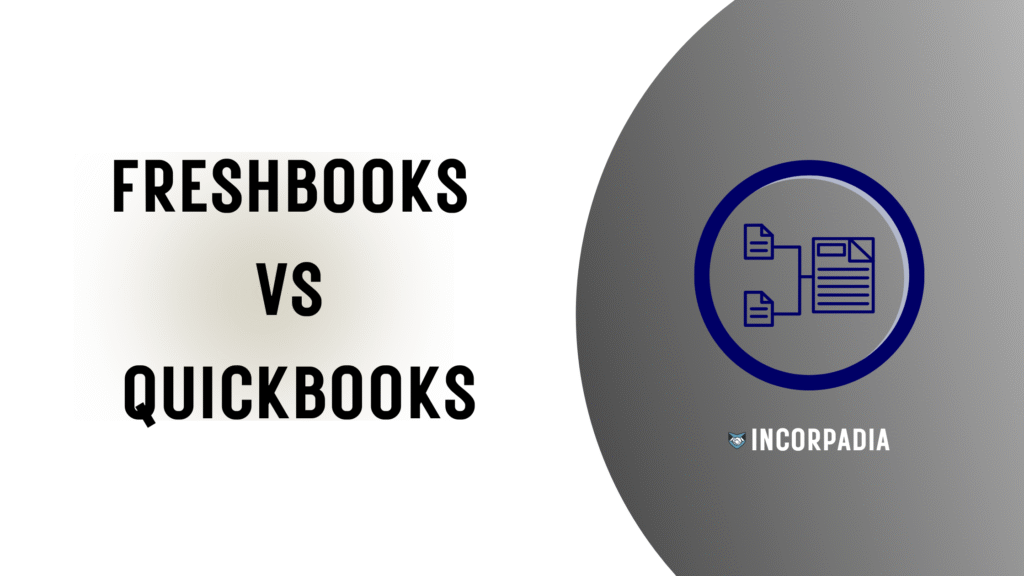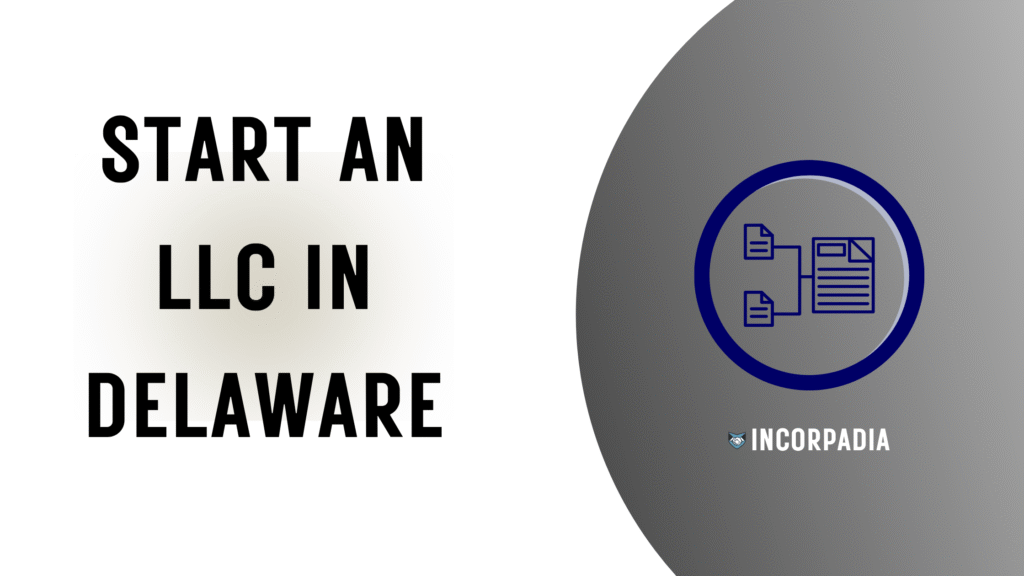Starting a business can be both exciting and nerve-wracking. But if you’re looking to start a Limited Liability Company (LLC) in Connecticut in 2025, you’re in the right place. LLCs are one of the most popular business structures in the U.S.—and for good reason. They offer personal liability protection, tax flexibility, and a relatively simple formation process.
This guide will walk you through every single step, from picking a name to filing your paperwork and staying compliant each year. By the end, you’ll know exactly what to do, what to expect, and where to go next.
Costs Summary
| Fee Description | Cost (USD) |
|---|---|
| LLC Formation Filing Fee | $120 |
| Annual Report Filing Fee | $80 |
| Operating Agreement (optional) | Varies |
| Registered Agent (if applicable) | Varies |
Steps to forming an LLC in CT
Let’s start with the basics. To form an LLC in Connecticut, you’ll need to:
- Search your LLC name
- Choose a Connecticut Registered Agent
- File a Certificate of Organization
- Create an LLC Operating Agreement
- Get an EIN (Employer Identification Number)
We’ll also talk about what happens after your LLC is approved, including annual reports, taxes, and how to keep your business in good standing.
1. Search Your LLC Name
Your first step in starting an LLC in Connecticut is choosing a business name. But it’s not just about picking something catchy—you need to make sure it’s available and follows state rules.
Requirements for LLC names in Connecticut:
- Must be unique from any other registered businesses in Connecticut.
- Must end with “Limited Liability Company,” “LLC,” or “L.L.C.”
- Cannot use restricted words like “bank,” “insurance,” or “government” without additional paperwork.
You can check the availability of your name using the Connecticut business entity search tool offered by the Secretary of State. If your desired name is already taken or too similar to another, you’ll have to choose something else.
Name reservation:
If you’re not ready to file your LLC right away, you can reserve your chosen name for 120 days by submitting a Name Reservation form and paying a $60 fee.
2. Choose a Connecticut Registered Agent
Every LLC in Connecticut must have a registered agent. This is a person or business entity that accepts legal documents and government notices on behalf of your LLC. They must have a physical street address in Connecticut and be available during normal business hours.
Who can be a registered agent?
- You – If you’re a resident of Connecticut with a street address.
- A friend or family member – As long as they meet the same requirements.
- A commercial registered agent service – A third-party company that will act as your agent for a fee.
Hiring a professional service is often the safest route, especially if you want privacy, reliability, and compliance assistance.
We Recommend: Northwest Registered Agent
Northwest Registered Agent is one of the highest-rated companies in the U.S. for LLC formation and registered agent services. Here’s why they stand out:
✅ Pros
- Excellent customer support: You’ll speak to real people, not chatbots or outsourced agents.
- Privacy focus: They don’t sell your data, unlike many competitors.
- Free address use: You can use their business address on public filings instead of your personal one.
- Transparent pricing: No upsells, no hidden fees. Their pricing is simple and clear.
- Experience: They’ve been in the business for over 20 years and have helped form thousands of LLCs.
❌ Cons
- Slightly higher cost: They’re not the cheapest option, but most customers say the value is worth it.
- Limited extras: If you’re looking for web hosting or design services bundled in, they keep it minimal.
Cost: Their LLC formation package starts at $39 plus state fees, and includes a full year of registered agent service. After that, it’s $125/year.
3. File a Certificate of Organization
This is the main form that officially registers your LLC with the state of Connecticut. You can file it online or by mail through the Secretary of State’s office.
Information needed:
- LLC name
- Principal business address
- Registered agent’s name and address
- Type of management (member-managed or manager-managed)
- Name and address of at least one organizer
Filing fee:
- $120 (nonrefundable)
Processing time:
- Online filings: Usually processed within 3 business days.
- Mail filings: May take up to 7-10 business days.
After approval, you’ll receive a stamped Certificate of Organization, which serves as your official proof of existence.
4. Create an LLC Operating Agreement
An Operating Agreement is not required by law in Connecticut, but it’s highly recommended. This internal document outlines how your LLC will be run, who owns what, and what happens in different scenarios (like a member leaving the company).
What should be in an Operating Agreement?
- Ownership percentages
- Member roles and responsibilities
- Voting procedures
- Rules for admitting new members
- Procedures for dissolving the LLC
Even if you’re the only member of your LLC, creating this document adds credibility to your business and helps protect your limited liability status.
5. Get an EIN for Your LLC
An EIN (Employer Identification Number) is like a Social Security number for your business. It’s issued by the IRS and is required for:
- Opening a business bank account
- Hiring employees
- Filing certain tax forms
- Applying for business licenses
You can get an EIN for free by applying directly with the IRS online. It only takes a few minutes.
If you don’t feel comfortable applying on your own, services like Northwest Registered Agent will do it for you for an additional fee.
What Do I Do After My LLC is Approved?
Congratulations! Once your LLC is approved, you’re officially a business owner in the eyes of Connecticut. But you’re not quite done yet. There are still a few steps to take to stay compliant and avoid fines.
How Much Does a Connecticut Annual Report Cost?
Every Connecticut LLC must file an annual report to remain in good standing. This report confirms your business’s contact information and registered agent details.
- Filing fee: $80
- Filed online only
- Payable by credit card or eCheck
When is the Annual Report Due?
- Due every year between January 1st and March 31st.
- It’s due regardless of your LLC’s formation date. For example, if you form your LLC in June 2025, your first annual report will still be due by March 31, 2026.
How Do I File My LLC Annual Report?
- Log into the Connecticut Business Portal.
- Search for your LLC using your business ID or name.
- Click “File Annual Report.”
- Confirm or update your information.
- Pay the $80 fee and submit.
Make sure you file on time. Late or missed filings can result in your LLC being administratively dissolved by the state.
How Will My LLC Be Taxed?
LLCs are considered “pass-through entities” by default. That means the LLC doesn’t pay federal income taxes itself—instead, profits and losses are passed on to the owners (members) who report them on their personal tax returns.
Your options include:
- Single-member LLC: Taxed as a sole proprietorship.
- Multi-member LLC: Taxed as a partnership.
- LLC electing S Corp status: You can file Form 2553 with the IRS to be taxed as an S Corporation. This may help save on self-employment taxes if you earn a significant profit.
Connecticut also has its own tax requirements. Depending on your business type, you may need to register for:
- Sales and Use Tax
- Employee Withholding Tax
- Business Entity Tax (no longer required after 2020 for LLCs, but always check for updates)
Consult with a tax advisor to figure out the best structure for your situation.
Other Things to Consider
Once you’ve got the basics down, there are still a few things to think about to make sure your LLC is set up for success.
Get a Business Bank Account
Separating your personal and business finances is crucial. Open a dedicated business bank account using your EIN and Certificate of Organization. This will help with:
- Tax preparation
- Bookkeeping
- Legal protection (maintaining the “corporate veil”)
Apply for Business Licenses and Permits
Connecticut does not issue a general business license at the state level, but certain industries are regulated. Depending on your business type and location, you may need local permits or professional licenses.
Check with your city or town hall for local zoning rules, building permits, or special tax certificates.
Keep Business Records Organized
Connecticut requires businesses to maintain certain records, such as:
- Operating Agreement
- Tax returns
- Meeting minutes (if applicable)
- Financial statements
Even if you’re a single-member LLC, keeping these organized will save you headaches later.
Consider Business Insurance
Forming an LLC provides legal protection for your personal assets, but it doesn’t cover everything. Insurance can fill in the gaps.
- General Liability Insurance – Covers injuries, property damage, and lawsuits.
- Professional Liability Insurance – For businesses that offer services or advice.
- Workers’ Compensation Insurance – Required if you have employees in Connecticut.
Talk to a licensed insurance agent to find out what you need based on your specific business.
Hiring Employees? Understand the Rules
If you plan to hire employees, you’ll need to:
- Register with the Connecticut Department of Labor.
- Set up a state withholding tax account.
- Get workers’ compensation insurance.
- Post required labor law notices in the workplace.
Hiring employees adds complexity, but it also helps grow your business. Just make sure you comply with state and federal employment laws.
Final Thoughts
Starting an LLC in Connecticut is a practical choice for entrepreneurs who want a simple, flexible, and protective business structure. The process might seem overwhelming at first, but once you break it down, it’s really just a series of manageable steps.
Let’s recap:
- Pick a name and make sure it’s available.
- Choose a registered agent (we highly recommend Northwest Registered Agent for peace of mind).
- File your Certificate of Organization.
- Draft an Operating Agreement.
- Get an EIN.
- Stay compliant with annual filings and taxes.
Whether you’re launching a side hustle, a full-time business, or something in between, forming an LLC is a powerful first move.
Good luck—and welcome to business ownership in Connecticut!
FAQs
How long does it take to form an LLC in Connecticut?
Online filings are processed in 2–3 business days. Mail filings can take 1–2 weeks.
Can I form an LLC on my own?
Yes. Many people form LLCs without lawyers by filing online through the Secretary of State’s website.
Do I need an Operating Agreement?
It’s not required, but highly recommended—even for single-member LLCs.
Do I need a lawyer to start an LLC?
Not necessarily. You can do it yourself, or use a formation service like Northwest Registered Agent for convenience.
Can my LLC own property or assets?
Yes. Your LLC can own real estate, vehicles, equipment, and even intellectual property.
Can I be my own registered agent?
Yes, as long as you’re a resident of Connecticut and have a physical street address.







